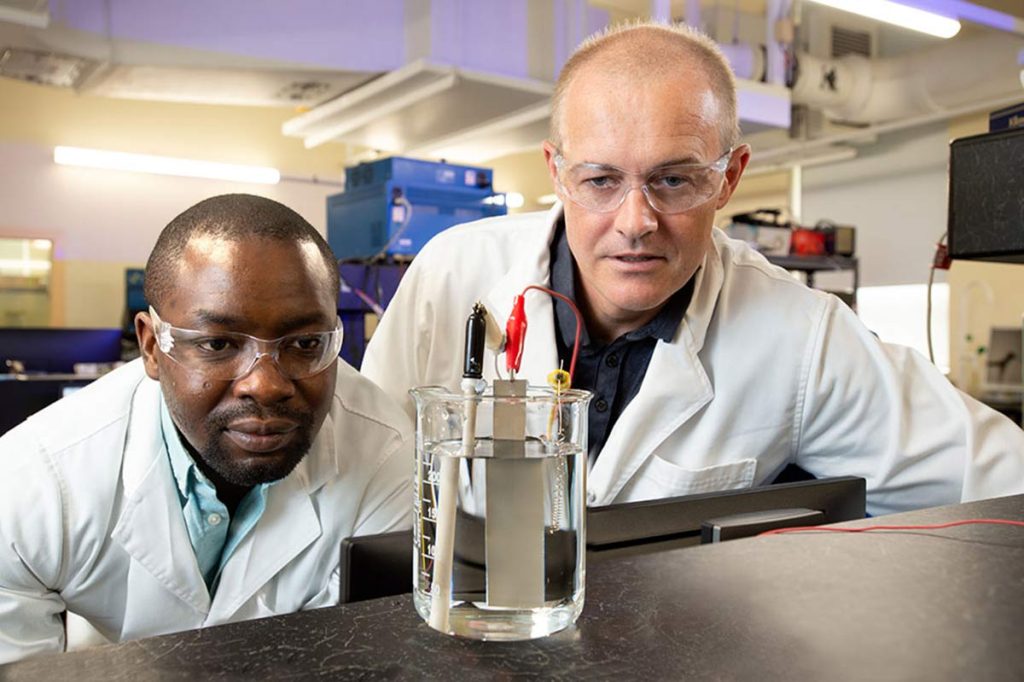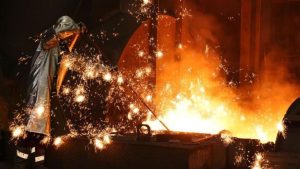Australia’s Ambitions: Can Green Hydrogen Propel the Nation to Superpower Status?
3 min read

Aug -9- Australia’s potential as a green hydrogen superpower is a topic of increasing interest and debate. Key players in the field, such as Hysata, are pioneering advancements to make hydrogen production more efficient and affordable. This summary delves into the technological innovations, economic implications, and broader perspectives surrounding Australia’s hydrogen ambitions.
Hysata, an Australian green energy firm, is leading efforts to produce the world’s cheapest hydrogen by addressing a fundamental inefficiency in conventional electrolysis. Electrolysis, which splits water into hydrogen and oxygen using electricity, often faces energy losses due to bubbles forming on the electrodes. Hysata’s innovation involves a special sponge-like material that prevents these bubbles from adhering to the electrodes, thereby increasing efficiency and reducing electricity consumption by 20% compared to traditional methods. This advancement could significantly lower production costs and boost hydrogen’s viability as a clean energy source.
Hydrogen comes in several types, categorized by the methods used for its production: green, grey, blue, and black. Green hydrogen is produced using renewable energy, grey hydrogen comes from splitting methane and releases CO2, blue hydrogen also uses methane but captures CO2 emissions, and black hydrogen is derived from coal. Green hydrogen is the most environmentally friendly option but currently requires large-scale production and efficient supply chains to become economically viable.
Australia’s rich natural resources position it well to become a major player in the global hydrogen market. Historically an exporter of coal and iron ore, Australia aims to replicate this success with hydrogen. The country’s abundant natural resources, including potential geogenic (natural) hydrogen from underground rocks, add to its strategic advantage. Research by the Commonwealth Scientific and Industrial Research Organisation (CSIRO) highlights the potential for extracting and using hydrogen generated naturally from the earth, known as white or gold hydrogen.
Despite these advancements, the economic feasibility of exporting hydrogen remains a contentious issue. The Institute for Energy Economics and Financial Analysis (IEEFA) argues that the costs associated with hydrogen production and transportation are prohibitively high. Amandine Denis-Ryan, IEEFA’s chief executive in Australia, suggests that local use of hydrogen would be more practical and cost-effective than exporting it. The challenges of hydrogen shipping, which requires very low temperatures and entails significant losses, further complicate the economic landscape.
 In contrast, proponents of hydrogen view it as a crucial component of the global energy transition. The technology’s potential to store surplus renewable energy and replace fossil fuels in various industrial processes is widely recognized. Researchers like Bahman Shabani from RMIT University are exploring ways to integrate hydrogen with renewable energy systems to act as a form of energy storage. This aligns with global trends where countries like China, Japan, Germany, and the United States are investing heavily in hydrogen technologies.
In contrast, proponents of hydrogen view it as a crucial component of the global energy transition. The technology’s potential to store surplus renewable energy and replace fossil fuels in various industrial processes is widely recognized. Researchers like Bahman Shabani from RMIT University are exploring ways to integrate hydrogen with renewable energy systems to act as a form of energy storage. This aligns with global trends where countries like China, Japan, Germany, and the United States are investing heavily in hydrogen technologies.
Australia’s role in this emerging sector will likely be shaped by ongoing innovations and economic considerations. While advancements such as those by Hysata represent significant strides in reducing production costs and improving efficiency, the broader financial and logistical challenges of hydrogen export remain a critical hurdle. As the technology evolves and more data becomes available, the feasibility of Australia becoming a green hydrogen superpower will become clearer. In the meantime, the global community’s investment in hydrogen research and development continues to grow, underscoring its importance in the transition to a more sustainable energy future.